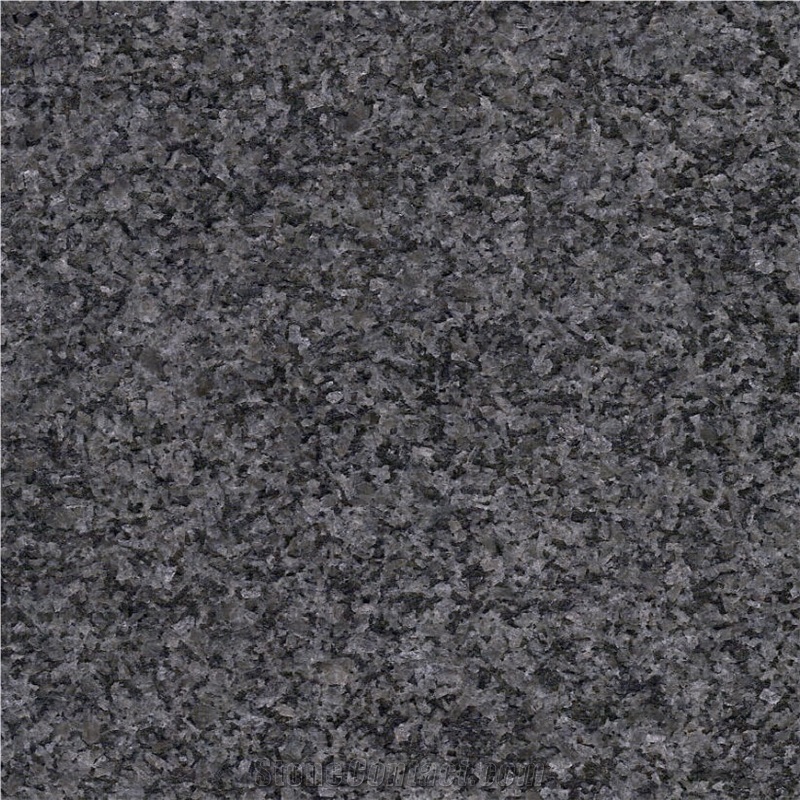Rayakottai Granite
 India
(Rayakottai, Denkanikottai taluk, Krishnagiri District, Tamil Nadu)
India
(Rayakottai, Denkanikottai taluk, Krishnagiri District, Tamil Nadu)
Rayakottai Granite is a kind of black granite quarried in India. This stone is especially good for Exterior - Interior wall and floor applications, monuments, countertops, mosaic, fountains, pool and wall capping, stairs, window sills and other design projects. It also called Rayakottay Granite,Rayakottai Black Granite,Rayacottay Granite,Indian Nero Impala Granite,India Impala Black Granite . Rayakottai Granite can be processed into Polished, Sawn Cut, Sanded, Rockfaced, Sandblasted, Tumbled and so on.

Can I change the edge of a Rayakottai Granite countertop?

Can India's Rayakottai Granite be used in a kitchen?

What edge makes Rayakottai Granite countertop look thicker?

Can India's Rayakottai Granite be used exterior applications in hot climates?

How do I finish Rayakottai Granite countertop edges?

Does Rayakottai Granite show scratches?

Is India's Rayakottai Granite an expensive stone?

Are there color variations of India's Rayakottai Granite?

Can India's Rayakottai Granite be used outdoors?

Is Rayakottai Granite good for commercial flooring?

What is a pencil edge on a Rayakottai Granite countertop?

What grade is India's Rayakottai Granite?

What is the most popular edge for Rayakottai Granite countertops?

What is the average density of India's Rayakottai Granite?

How thick is India's Rayakottai Granite slabs?

Is Rayakottai Granite gravestone hard to maintain?

How can I polish Rayakottai Granite balustrades?

Do Rayakottai Granite headstones fade?

Is it hard to keep Rayakottai Granite stair clean?

What is the coefficient of friction of Filled India's Rayakottai Granite tiles?

What is a laminated edge on Rayakottai Granite countertop?

Is Rayakottai Granite good for bar countertops?

Can India's Rayakottai Granite be used in landscaping?

How often do I need to seal Rayakottai Granite floor?

Can Rayakottai Granite be used for deck stair steps?
The request includes: 1. surface finished, size 2. quantity required








 Italy
Italy